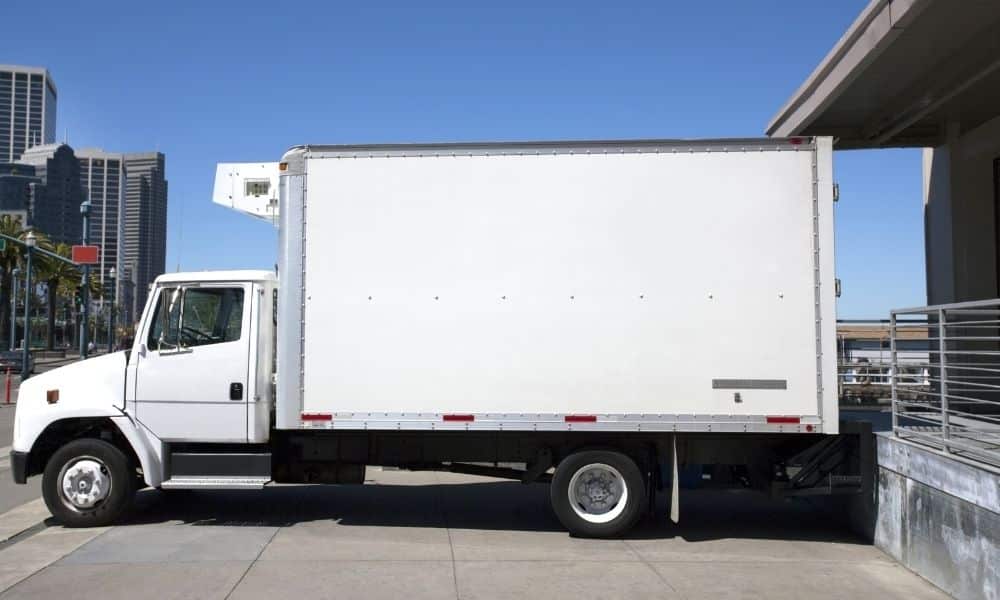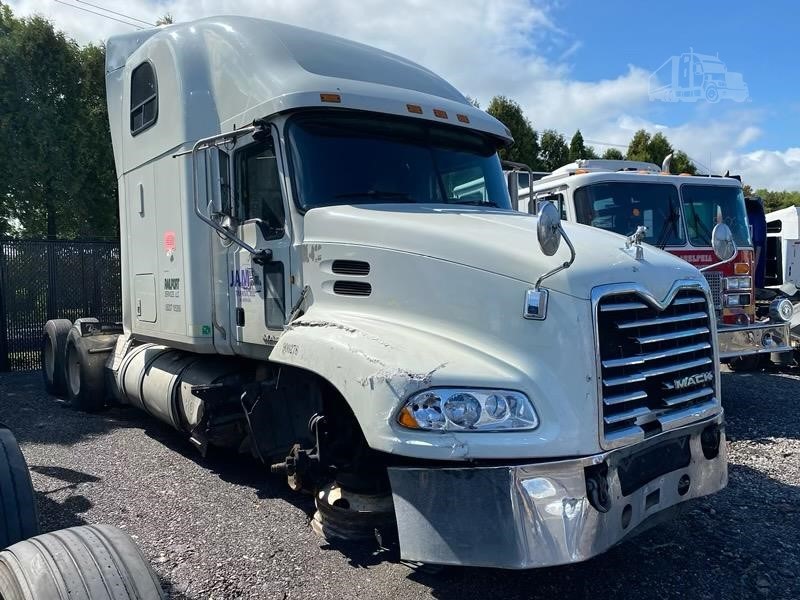In Singapore’s dynamic economy, refrigerated trucks are indispensable for transporting perishable goods such as fresh produce and essential medicines. Equipped with advanced cooling systems, these vehicles maintain strict temperature controls, ensuring product quality and safety in Singapore’s tropical climate, where temperatures often soar above 30°C.
The Essential Role of Refrigerated Trucks
Refrigerated trucks are a cornerstone for industries handling temperature-sensitive goods, particularly in food and pharmaceuticals. With over 90% of Singapore’s food supply imported, reliable transport is critical to prevent spoilage and maintain quality. Perishable items like seafood, dairy, and fruits must be delivered in optimal conditions to uphold both health and economic stability.
The pharmaceutical sector also depends on refrigerated trucks to preserve the efficacy of products like vaccines and biologics. During the COVID-19 pandemic, refrigerated trucks were instrumental in distributing millions of vaccine doses safely and efficiently.
Key Features of Refrigerated Trucks
Modern refrigerated trucks are equipped with cutting-edge technology to meet the challenges of Singapore’s humid environment:
- Advanced Cooling Systems: Maintain temperatures from -20°C to 20°C for various products.
- Multi-Zone Compartments: Allow different temperature settings for diverse goods in a single trip.
- Insulated Interiors: Prevent external heat from disrupting cooling efficiency.
- Real-Time Monitoring: IoT sensors provide live updates on temperature and humidity.
These features ensure consistency and reliability across the cold chain, safeguarding the quality of transported goods.
Food Supply Chain Reliance on Refrigerated Trucks

Singapore imports food from over 170 countries, making a robust cold chain essential. According to the Singapore Food Agency, a breakdown in the cold chain can lead to spoilage, food waste, and public health risks. Refrigerated trucks help mitigate these risks by ensuring:
- Freshness: Preventing spoilage of fruits, vegetables, and seafood.
- Reduced Food Waste: Extending shelf life and supporting food security.
- Regulatory Compliance: Meeting Singapore’s food safety standards.
In 2021, Singapore generated over 393,000 tonnes of food waste, much of it due to spoilage during transport. Strengthening the cold chain with refrigerated trucks can significantly reduce this figure.
Pharmaceutical Industry Dependence on Refrigerated Trucks
Refrigerated trucks are equally vital in the pharmaceutical industry, where precise temperature control is critical. Products like vaccines, insulin, and blood plasma require strict conditions to remain effective. As a biomedical hub, Singapore relies heavily on these vehicles to handle large volumes of pharmaceutical imports and exports efficiently.
Sustainability and Refrigerated Trucks
While essential, refrigerated trucks are energy-intensive, contributing to carbon emissions. Innovations are emerging to address these challenges:
- Electric Refrigerated Trucks: Reduce reliance on fossil fuels.
- Solar-Powered Units: Use renewable energy to minimise emissions.
- Efficient Cooling Technologies: Reduce energy consumption with advanced materials.
Singapore’s Green Plan 2030 highlights reducing carbon emissions, and adopting eco-friendly refrigerated trucks aligns with this vision.
Economic Benefits of Refrigerated Transport
Investing in refrigerated trucks might seem costly, but the benefits outweigh the expense:
- Minimised Spoilage: Saves businesses significant costs annually.
- Enhanced Brand Reputation: Reliable delivery of high-quality products builds consumer trust.
- Expanded Market Reach: Enables transport over longer distances while maintaining quality.
Singapore’s cold chain logistics sector is forecasted to grow at a CAGR of 6.2% by 2027, reflecting the increasing demand for refrigerated transport.
Challenges in Operating Refrigerated Trucks
Despite their importance, refrigerated trucks come with operational challenges:
- High Costs: Refrigeration systems consume substantial energy, increasing expenses.
- Maintenance: Regular servicing is required to ensure efficiency.
- Specialised Training: Operating and maintaining these trucks demands skilled labour.
These challenges, while significant, are manageable with proper planning and investment.
Tips for Choosing a Refrigerated Truck
When selecting refrigerated transport solutions, consider the following:
- Capacity: Choose a size that meets your needs without excess costs.
- Temperature Range: Ensure the truck’s cooling system suits your product requirements.
- Energy Efficiency: Opt for vehicles with eco-friendly designs to lower operational costs.
- Reliable Providers: Work with companies experienced in cold chain logistics.
The Future of Refrigerated Transport
The refrigerated truck industry is evolving with innovations poised to reshape logistics:
- Autonomous Trucks: Self-driving vehicles equipped with temperature controls.
- Blockchain Integration: Ensures transparency and traceability in deliveries.
- AI Monitoring: Optimises routes and refrigeration performance in real time.
Singapore’s focus on sustainability and technology positions it at the forefront of these advancements.
Conclusion
Refrigerated trucks are an integral part of Singapore’s supply chain, ensuring the safe and efficient transport of perishable goods. Whether delivering fresh seafood or critical vaccines, these vehicles are vital for maintaining quality, safety, and sustainability.
In a nation where high standards are non-negotiable, refrigerated trucks will continue to be a cornerstone of logistical excellence, meeting the growing demands of food and pharmaceutical industries.








